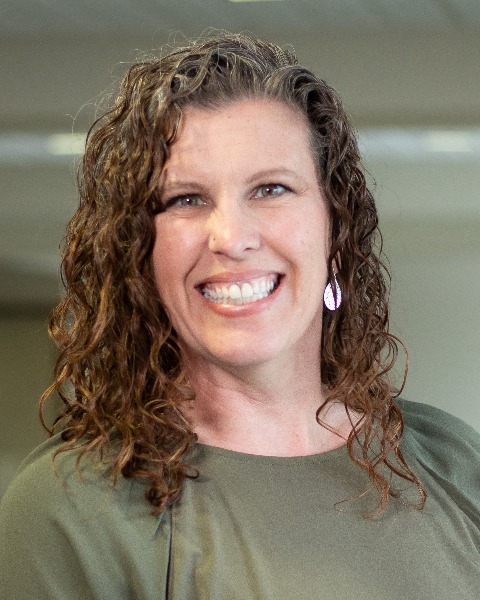Health Professions Education Evaluation and Research
Using health communication to guide students to better understand the patient’s story
-
JK
Jalysa King, MA (she/her/hers)
Outreach Manager - IN AHEC
Indiana University School of Medicine
Indianapolis, Indiana, United States -

Jennifer Taylor, DHEd, MPH, MCHES
Assistant Professor of Family Medicine
Indiana University School of Medicine
Indianapolis, Indiana, United States
Presenter(s)
Location: Room 105
Abstract Information: With the American Public Health Association declaring racism a public health issue, it is more important than ever to train culturally competent health workforce. While in medical school, students learn a plethora of skills, but at the center of their education; learning to provide quality healthcare, regardless of a patient’s identity and background is crucial. In this session, we will share our work with medical students in a simulated case scenario that centers an African American female to gain skills and insight on how to address health equity and social issues that often impact vulnerable patients. During experience, students are encouraged to consider the impact of the patient’s story and the impact on their medical care. Participants in this session will gain insight on how we used mixed-methods evaluations to identify programmatic and quality improvement needs to better engage our students to better understand the patient’s story.
Relevance Statement: Faculty in medical education have the responsibility to create dynamic, innovative, resourceful physicians. As students begin their careers as practicing physicians it is imperative that they feel comfortable working with a diverse range of patients whether they are in urban, rural, or underserved communities. While in medical school, students learn a plethora of skills, but at the center of their education; learning to provide quality healthcare, regardless of a patient’s identity and background is crucial. Although medical students learn about social determinants of health (SDH) in the pre-clinical years, applying this knowledge to patients during clerkship rotations is not prioritized.(1-3) At the Indiana University School of Medicine, our family medicine department has the fortunate partnership between the medical student education team and the Indiana Area Health Education Centers (AHEC) team. The AHEC team is charged with improving the diversity and the distribution of our health workforce to improve access to care. For this collaboration, third-year medical students during their family medicine clinical experience, engage in a simulated patient case study scenario. The simulated case scenario centers an African American female to gain skills and insight on how to address health equity and social determinants of health that often impact vulnerable patients. In order to further embed health equity and social determinants of health in our medical student education, our students participate in 45-minute small group discussion with a trained facilitator where we discuss six questions concerning their assigned case study as well as their real-world experience in their clinical training setting. Debriefing practices provide students with the platform to identify gaps in their clinical performance and discuss strategies for improvement; this reasoning results in adaptive behaviors for future experiences, and in return, can lead to improved patient outcomes.(4) Evaluation of educational impact provides valuable feedback to educators that may assist with development and improvement of teaching methods.(5) By creating a space for students to engage in conversations about their experiences; students can not only better understand the stories of their patients and the impact on care. Participants in this session will gain insight on how we used mixed-methods evaluations to identify programmatic and quality improvement needs to better engage our students to better understand the patient’s story. References 1. Daya S, Choi N, Harrison JD, Lai CJ. Advocacy in action: Medical student reflections of an experiential curriculum. Clin Teach. 2021;18(2):168-173. doi:10.1111/tct.13283 2. Marsh MC, Supples S, McLaurin-Jiang S, Brown CL, Linton JM. Introducing the Concepts of Advocacy and Social Determinants of Health Within the Pediatric Clerkship. MedEdPORTAL. 2019;15:10798. Published 2019 Jan 25. doi:10.15766/mep_2374-8265.10798 3. Moffett SE, Shahidi H, Sule H, Lamba S. Social Determinants of Health Curriculum Integrated Into a Core Emergency Medicine Clerkship. MedEdPORTAL. 2019;15:10789. Published 2019 Jan 4. doi:10.15766/mep_2374-8265.10789 4. Lundquist LL, Bilich LA, Jackson SC, Stevens KV, Tipton EJ. Measurable reflection in simulation: A pilot study. J Dent Educ. 2021;85(5):606-614. doi:10.1002/jdd.12506 5. Johnston S, Coyer FM, Nash R. Kirkpatrick's Evaluation of Simulation and Debriefing in Health Care Education: A Systematic Review. J Nurs Educ. 2018;57(7):393-398. doi:10.3928/01484834-20180618-03
